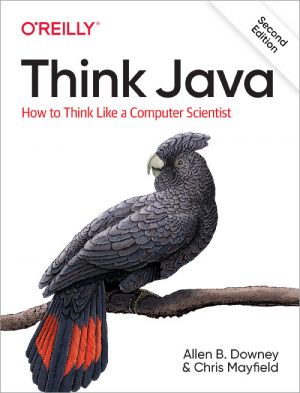
Think Java is a hands-on introduction to computer science and programming used by many universities and high schools around the world. Its conciseness, emphasis on vocabulary, and informal tone make it particularly appealing for readers with little or no experience. The book starts with the most basic programming concepts and gradually works its wa...
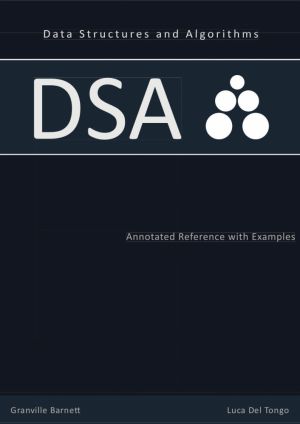
Data Structures and Algorithms (DSA) features implementations of data structures and algorithms that are not implemented in any version of .NET.
This book is the result of a series of emails sent back and forth between the two authors during the development of a library for the .NET framework of the same name.
A key factor of this book and it...
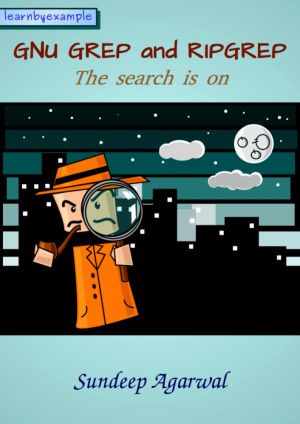
The book heavily leans on examples to present features of grep as well as regular expressions one by one. It is recommended that you manually type each example and experiment with them. Understanding both the nature of sample input string and the output produced is essential.
You should have prior experience working with command line and bash sh...
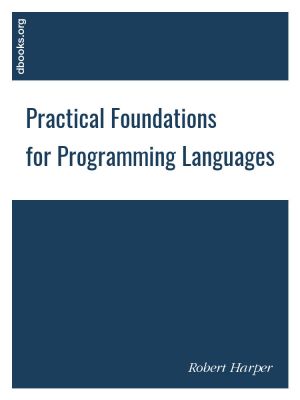
Types are the central organizing principle of the theory of programming languages. Language features are manifestations of type structure. The syntax of a language is governed by the constructs that define its types, and its semantics is determined by the interactions among those constructs. The soundness of a language design - the absence of ill-d...
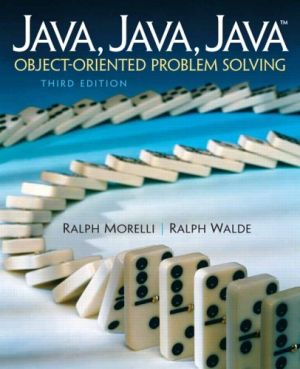
Functional and flexible, this guide takes an objects-first approach to Java programming and problem using games and puzzles. Offers independent introductions to both a command-line interface and a graphical user interface (GUI). Features coverage of Unified Modeling Language (UML), the industry-standard, object-oriented design tool. Illustrates key...
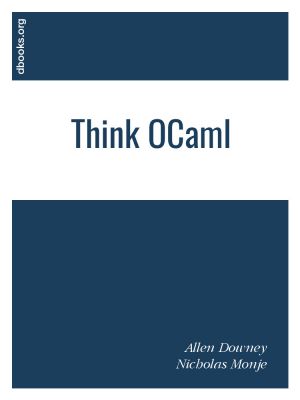
How to Think Like a Computer Scientist is an introductory programming book based on the OCaml language. It is a modified version of Think Python by Allen Downey. It is intended for newcomers to programming and also those who know some programming but want to learn programming in the function-oriented paradigm, or those who simply want to learn OCam...
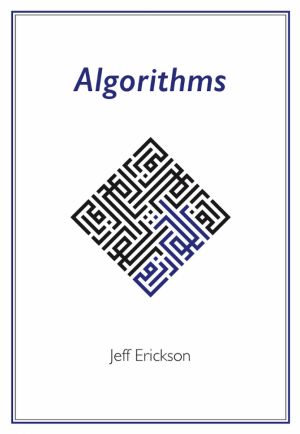
Algorithms are the lifeblood of computer science. They are the machines that proofs build and the music that programs play. Their history is as old as mathematics itself. This book is a wide-ranging, idiosyncratic treatise on the design and analysis of algorithms, covering several fundamental techniques, with an emphasis on intuition and the proble...
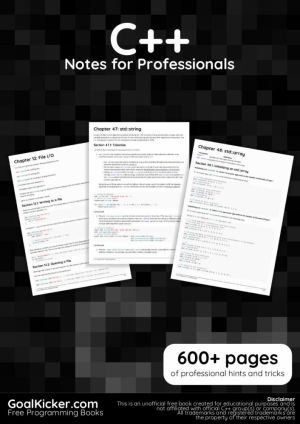
The C++ Notes for Professionals book is compiled from Stack Overflow Documentation, the content is written by the beautiful people at Stack Overflow....
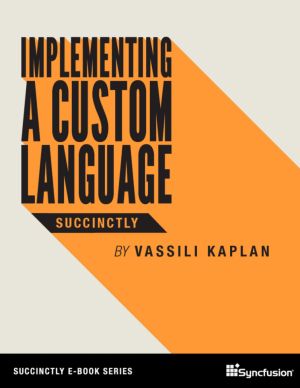
Custom languages provide many benefits, but many people fear the complexity that comes with trying to deploy them. Author Vassili Kaplan sweeps away the obstacles and shows how custom languages are a tool within reach of any developer. With Implementing a Custom Language Succinctly, readers will discover just how much they can accomplish with the s...
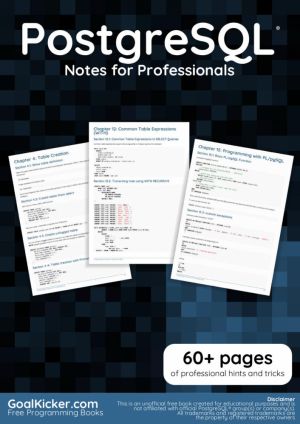
The PostgreSQL Notes for Professionals book is compiled from Stack Overflow Documentation, the content is written by the beautiful people at Stack Overflow....
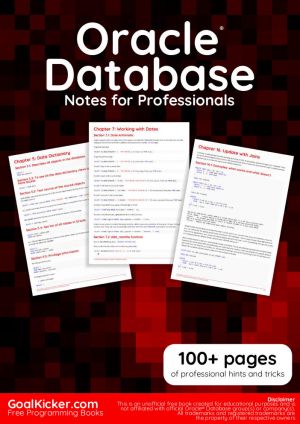
The Oracle Database Notes for Professionals book is compiled from Stack Overflow Documentation, the content is written by the beautiful people at Stack Overflow....
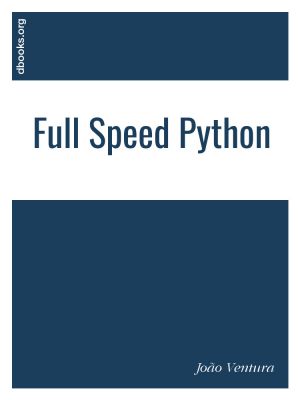
This book aims to teach the Python programming language using a practical approach. Its method is quite simple: after a short introduction to each topic, the reader is invited to learn more by solving the proposed exercises.
These exercises have been used extensively in my web development and distributed computing classes at the Superior School ...
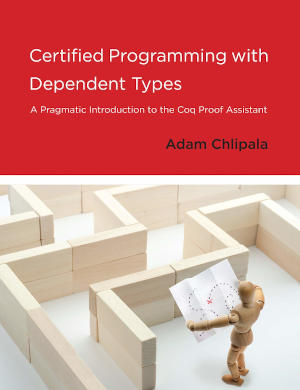
The technology of mechanized program verification can play a supporting role in many kinds of research projects in computer science, and related tools for formal proof-checking are seeing increasing adoption in mathematics and engineering. This book provides an introduction to the Coq software for writing and checking mathematical proofs. It takes ...
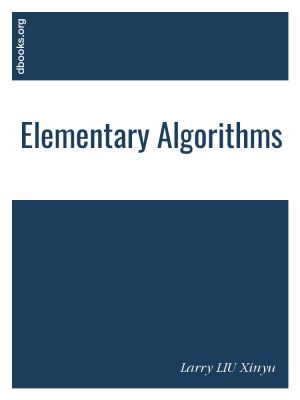
This book introduces about elementary algorithms and data structure. It includes side-by-side comparison about purely functional realization and their imperative counterpart....
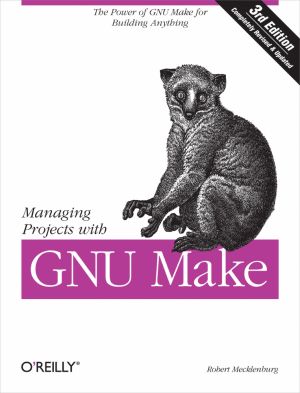
The utility simply known as make is one of the most enduring features of both Unix and other operating systems. First invented in the 1970s, make still turns up to this day as the central engine in most programming projects; it even builds the Linux kernel. In the third edition of the classic Managing Projects with GNU make, readers will learn why ...
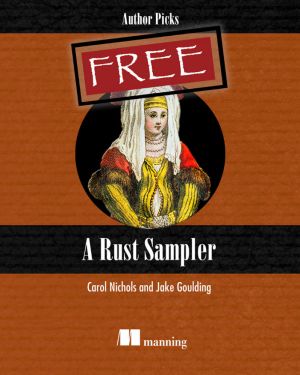
Thread-safe, reliable, and lightning-fast, Rust has been the most loved programming language on Stack Overflow for four years and counting! This open source systems language gets its amazing speed in large part from its memory safety - and without resource-greedy garbage collection. Offering freedom from a runtime requirement, a rich type system, a...
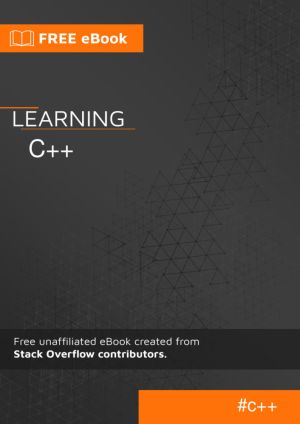
C++ is a general-purpose programming language as an extension of the C programming language, or "C with Classes". It is an unofficial and free C++ ebook created for educational purposes. All the content is extracted from Stack Overflow Documentation, which is written by many hardworking individuals at Stack Overflow....
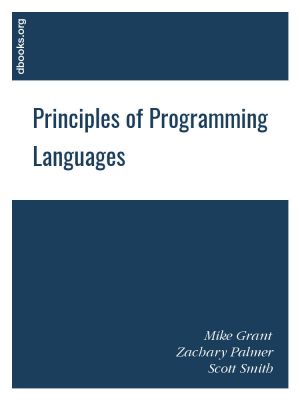
In this open book, our goal is to study the fundamental concepts in programming languages, as opposed to learning a range of specific languages. Languages are easy to learn, it is the concepts behind them that are difficult. The basic features we study in turn include higher-order functions, data structures in the form of records and variants, muta...
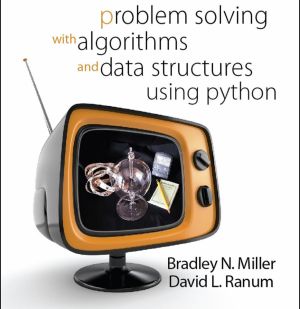
The study of algorithms and data structures is central to understanding what computer science is all about. Learning computer science is not unlike learning any other type of difficult subject matter. The only way to be successful is through deliberate and incremental exposure to the fundamental ideas. A beginning computer scientist needs practice ...
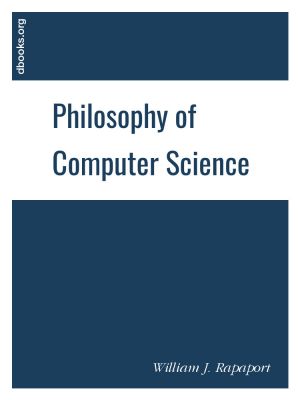
This book looks at some of the central issues in the philosophy of computer science. It is not designed to answer all (or even any) of the philosophical questions that can be raised about the nature of computing, computers, and computer science. Rather, it is designed to "bring you up to speed" on a conversation about these issues - to gi...
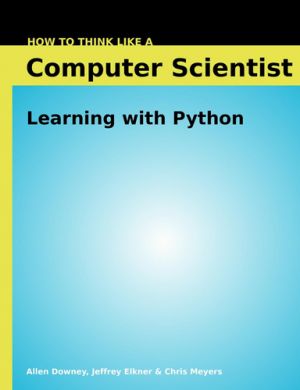
How to Think Like a Computer Scientist: Learning with Python - is an introduction to computer science using the Python programming language. It covers the basics of computer programming, including variables and values, functions, conditionals and control flow, program development and debugging. Later chapters cover basic algorithms and data structu...
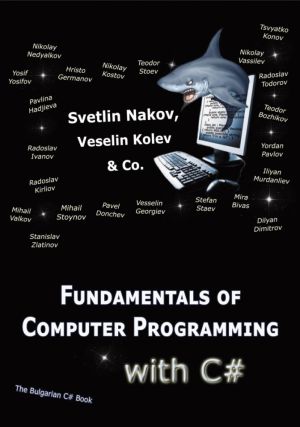
This open book aims to provide novice programmers solid foundation of basic knowledge regardless of the programming language. This book covers the fundamentals of programming that have not changed significantly over the last 10 years. Educational content was developed by an authoritative author team led by Svetlin Nakov from the Software University...
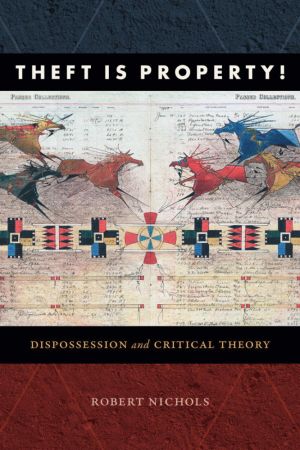
Drawing on Indigenous peoples' struggles against settler colonialism, Theft Is Property! reconstructs the concept of dispossession as a means of explaining how shifting configurations of law, property, race, and rights have functioned as modes of governance, both historically and in the present. Through close analysis of arguments by Indigenou...
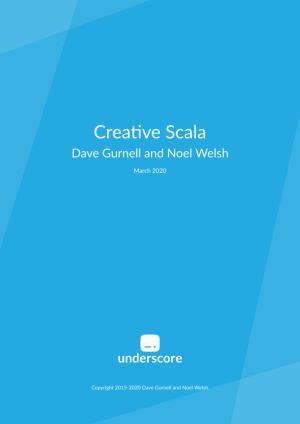
Creative Scala is aimed at developers who have no prior experience in Scala. It is designed to give you a fun introduction to functional programming. We assume you have some familiarity with another programming language but little or no experience with Scala or other functional languages.
We have three goals with this book:
1. To give an introd...
